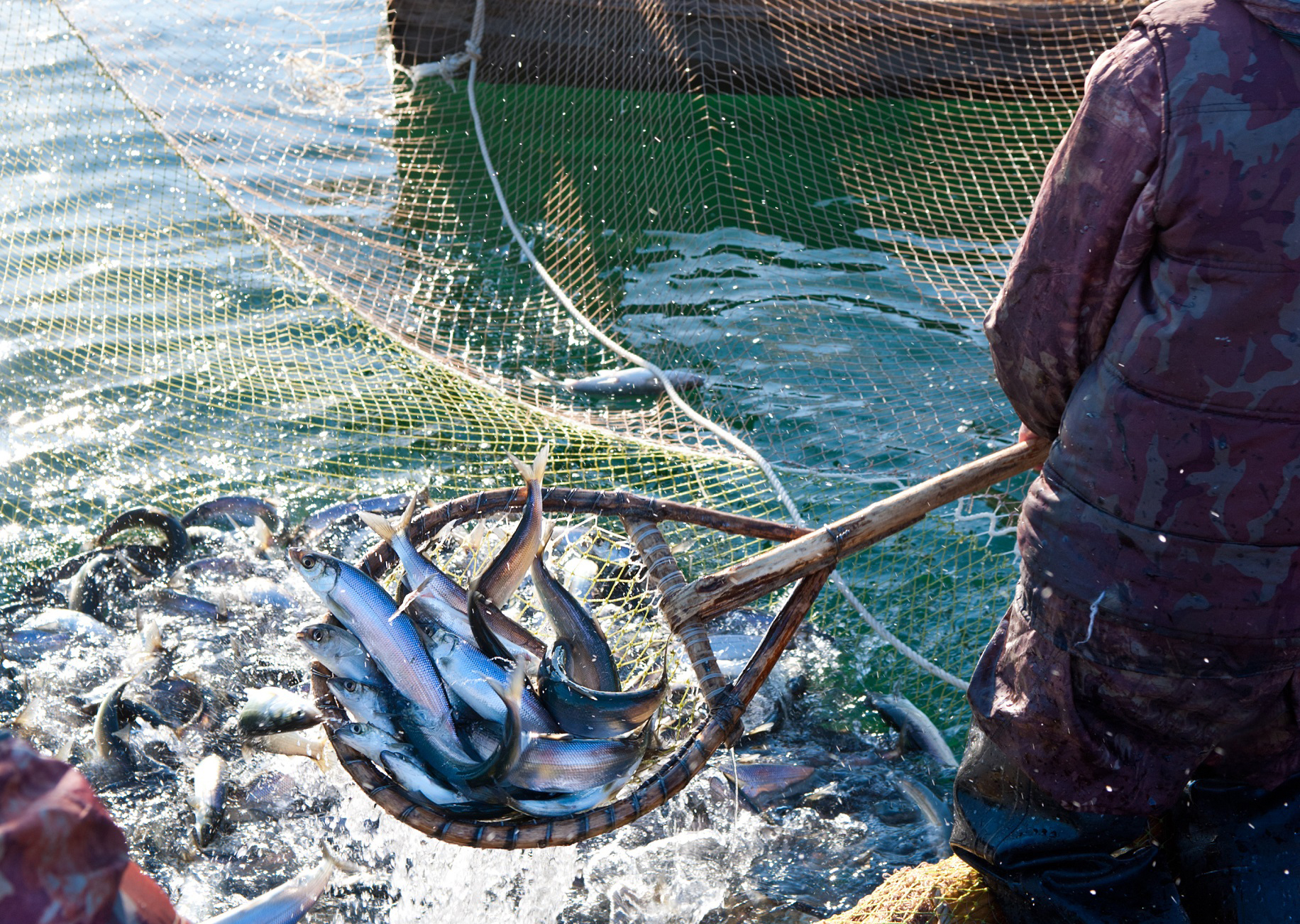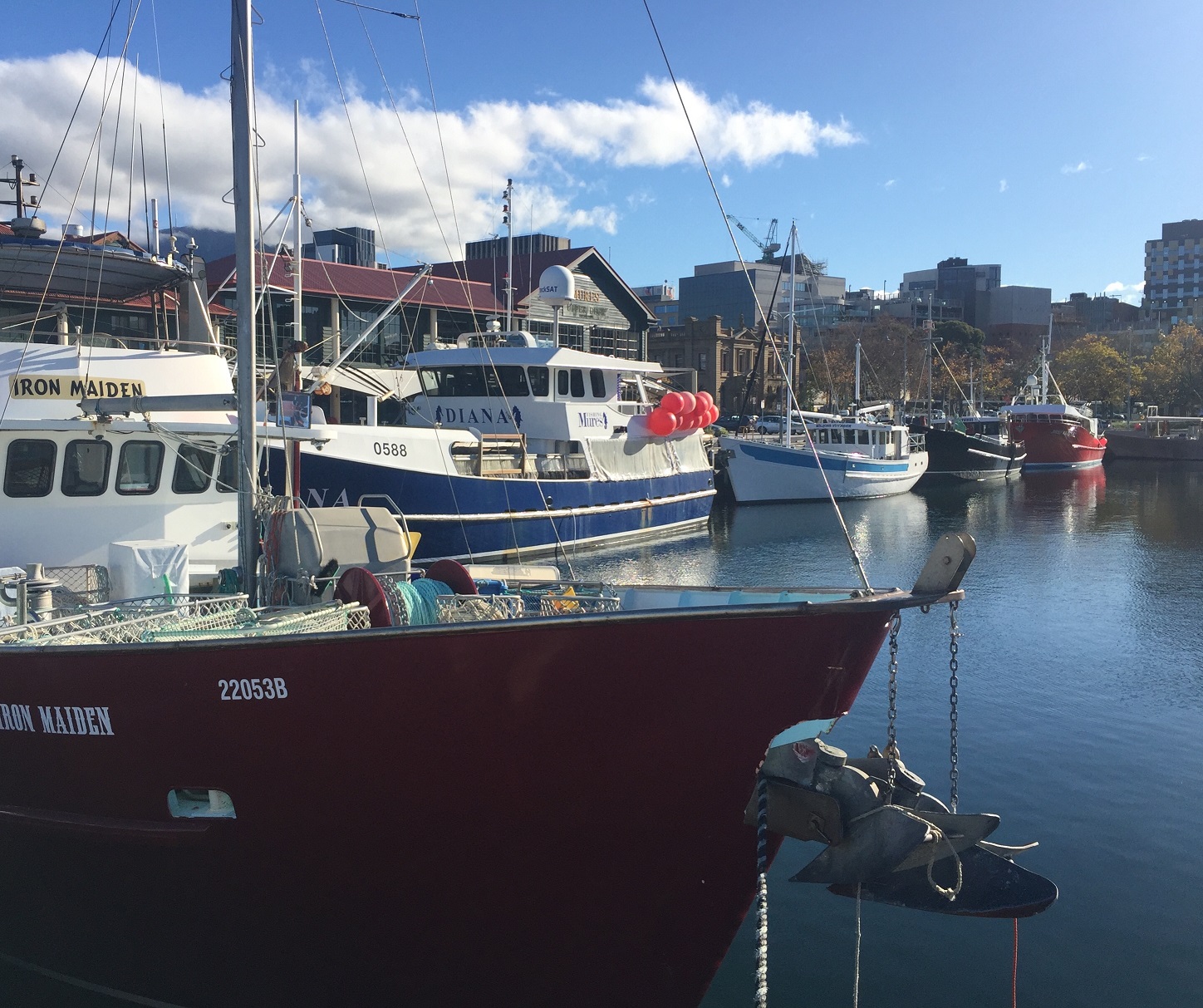
IMAS researchers are investigating the social and economic performance of commercial operators in the Tasmanian Scalefish Fishery (TSF), to improve the industry’s viability.
Project Leader, Associate Professor Jeremy Lyle said IMAS is conducting surveys of fishers and current marketing strategies.
“The TSF is a multi-species commercial fishery involving many operators and diverse fishing methods and gear. For some it is a full-time business, but for others it is either a part-time activity or part of a larger diversified fishing operation,” he said.
“The surveys are investigating a range of social and economic factors relevant to livelihood preferences and financial vulnerability, along with stock, management, market and supply chain factors that influence fishing behaviour and marketing strategies.”
Funded by the Australian Government through the Fisheries Research and Development Corporation, the project is looking for opportunities for TSF industry growth and development (see frdc.com.au/project/2018-067).
IMAS social scientist, Dr Emily Ogier, is part of the multidisciplinary project team which includes social, economic and marketing expertise. Dr Ogier said a recent high-level assessment of the TSF found the fishery is not generating economic returns for many operators. It also identified a decline in fleet size and overall catch levels.
“This means the TSF is likely to provide less and less of a share of Tasmania’s annual per-capita seafood consumption,” Dr Ogier said.
“This decline seems to be mainly caused by changing consumer preferences for the fish they buy and how, with switching to imported or farmed fish product a factor.
“However, we don’t yet fully understand the impact of these factors on the industry, and these knowledge gaps prevent the industry and the State Government from effectively identifying opportunities, such as alternate approaches to supplying and marketing Tasmanian Scalefish.
“This is a significant social and economic challenge for the industry, which generates flow-on benefits for the Tasmanian community through employment and the availability of fresh local seafood,” Dr Ogier said.
 Associate Professor Lyle said the challenge was to combine insights from social and economic research with new approaches for getting Scalefish product to the consumers who value them.
Associate Professor Lyle said the challenge was to combine insights from social and economic research with new approaches for getting Scalefish product to the consumers who value them.
“The project will benefit from the input of seafood market and business analyst Tom Cosentino,” he said.
“Tom has had success with new systems for selling Scalefish in South Australia, including online systems for more direct fisher–restaurant trade.
"These systems enable better provenance marketing, bringing the fisher and consumer closer and helping the viability of smaller producers.”